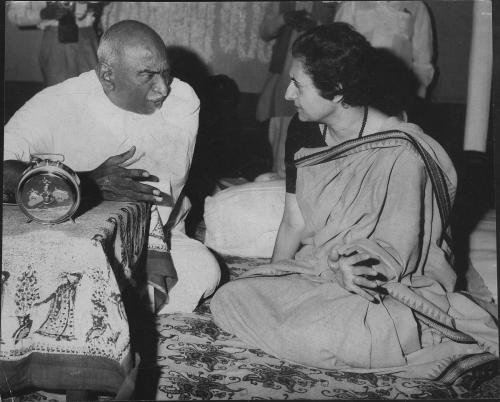On February 18, Brookings Senior Fellow Ted Piccone was joined by Foreign Policy columnist James Traub for the second installment of the Brookings Book Club, featuring a conversation about Piccone’s new book “Five Rising Democracies and the Fate of the International Liberal Order” (Brookings Institution Press, 2016).
While the world appears under siege with daily reports of violence, xenophobia, corruption, and conflict, Piccone points to strong currents of positive change over the last three decades that are pulling the world toward more optimistic long-term scenarios. In 1989, just over two billion people lived in one of the 69 countries considered an electoral democracy. Today, those numbers have nearly doubled, with more than 4 billion people living in one of the world’s 125 electoral democracies. In that same timespan, one billion people have risen out of poverty, death rates for children under the age of five have been cut in half, average incomes have nearly doubled, and millions of boys and girls are in school.
In his new book, “Five Rising Democracies,” Piccone examines how five pivotal countries—India, Brazil, South Africa, Turkey, and Indonesia—can play a critical role as both examples and supporters of liberal ideas and practices.
Piccone began the book club discussion by presenting his findings and arguing that the future of a global order based on human rights, democracy, and liberal ideologies largely depends on the fate of these five countries. While geographically separated, these emerging powers, according to Piccone, stand out for their shift from closed societies to more liberal, open and representative systems; for their impressive progress in improving citizens’ living standards; and for the diversity of their populations, underscoring the universality of liberal norms. Listen here:
“These are big, important countries,” Piccone said, “and they all have remarkable stories to tell about their own transformations from illiberal governance to more open and accountable systems.” Watch:
Piccone emphasized that initial progress on political rights and freedoms in these countries has turned more recently to stagnation and “backsliding,” even as countries continue to make substantial gains on economic growth and human development. He recognized that while democracy “moves forwards and backwards, in general the trajectory [in these five countries] is toward progress.” Despite these domestic trends, their foreign policies often diverge from more established powers because they are “not bought in to the western-led international human rights order.” Watch:
Piccone also called for a reconsideration of more coercive Western-led methods of democracy-building, pointing in particular to failing efforts in Iraq and Libya. While building democracies and protecting human rights may be a key feature of Western foreign policies, Piccone argued, these nations’ own experiences make them distrustful and skeptical of Western motives. He argued the United States and other leading democracies should do a better job of “practicing what they preach” and proposed several potential areas of convergence to support these rising nations’ democratic development and greater involvement in the international liberal order.
Watch:
After his presentation, Piccone sat down with James Traub to discuss the inevitable forward and backward movements of these five countries; Piccone’s optimism toward progress; the necessity of good political leadership to move these countries toward greater participation in the international world order; and the importance of diplomatic cooperation between the West and these rising democracies.
Finally, Piccone fielded diverse questions from the audience, where he explained these five countries’ responses to terrorism and argued that “we need to come to terms with democracies’ response to terrorism … the more that we address [terrorism] within a context of rule of law and a concern for privacy, the better our societies will be in the long term.” Watch:
You can get full event video here.
Jonathan Bosworth, an intern in the Office of Communications, contributed to this blog post.



Commentary
Watch: Ted Piccone on five rising democracies – Brazil, India, Indonesia, South Africa, and Turkey
February 25, 2016